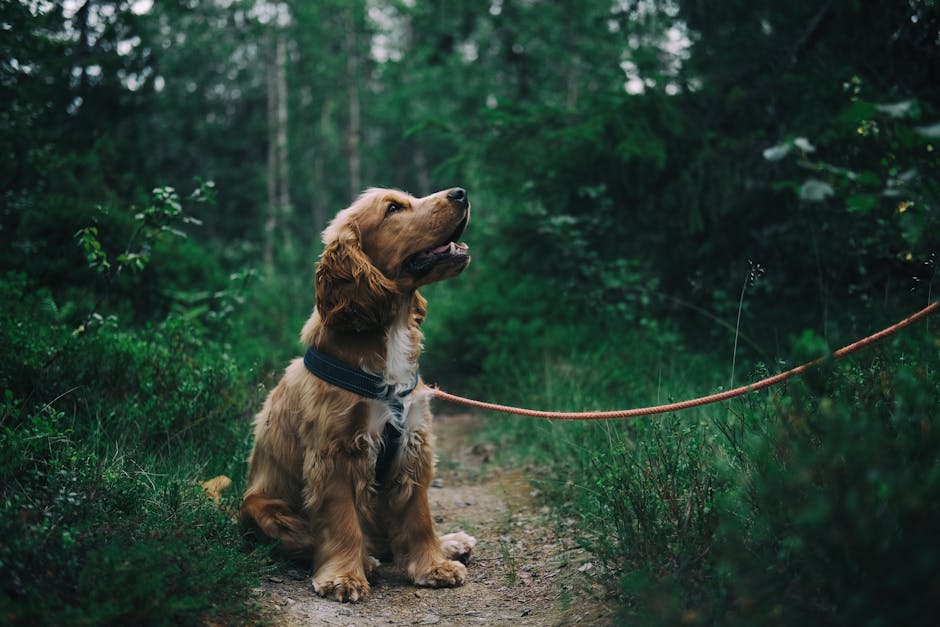Dog training is a crucial aspect of responsible pet ownership, fostering a strong bond between you and your furry companion. It's not only about teaching your dog basic commands but also about building trust, enhancing communication, and ensuring their well-being. This comprehensive guide will equip you with the knowledge and techniques to effectively train your dog.
**1. Understanding Your Dog's Needs**
Before embarking on any training, it's essential to understand your dog's individual needs and motivations. Different breeds have varying temperaments, learning styles, and energy levels. Take time to observe your dog's behavior, identify their strengths and weaknesses, and tailor your training approach accordingly.
**2. Establishing a Positive Foundation**
Building a strong foundation based on positive reinforcement is paramount. Reward your dog for desired behaviors with treats, praise, or playtime. Avoid punishment, as it can damage the bond and hinder learning. Consistency and patience are key to creating an environment where your dog feels comfortable and eager to learn.
**3. Basic Obedience Training**
Start training with basic commands such as sit, stay, come, and heel. Use clear hand signals and verbal cues, and keep training sessions short and engaging. Gradually increase the duration and difficulty of the commands as your dog progresses.
**4. Advanced Training**
Once your dog has mastered basic obedience, you can explore advanced training such as agility, scent work, or retrieving. These activities not only provide mental and physical stimulation but also strengthen the bond between you and your pet.
**5. Problem-Solving**
Inevitably, you'll encounter challenges during training. Address undesirable behaviors early on by identifying the underlying cause and implementing appropriate solutions. Use positive reinforcement to redirect your dog's behavior and avoid negative reinforcement.
**6. Socialization**
Socializing your dog is essential for their overall well-being. Expose them to different people, animals, and environments in a controlled manner. Encourage positive interactions and gradually increase the level of exposure as they become more confident.
**7. Training for Specific Needs**
Dogs may require specialized training for specific needs such as therapy, service, or emotional support. Work with a certified professional to develop a tailored training program that meets your dog's unique requirements.
**8. Ongoing Training and Maintenance**
Training is an ongoing process. Once your dog has learned the basics, continue to reinforce their skills through regular practice and recall sessions. Even well-trained dogs can benefit from occasional reminders to ensure their behavior remains consistent.
Remember, dog training is a journey that requires dedication, consistency, and patience. By understanding your dog's needs, establishing a positive foundation, and employing effective training techniques, you'll not only create a well-behaved companion but also forge an unbreakable bond that will last a lifetime.
